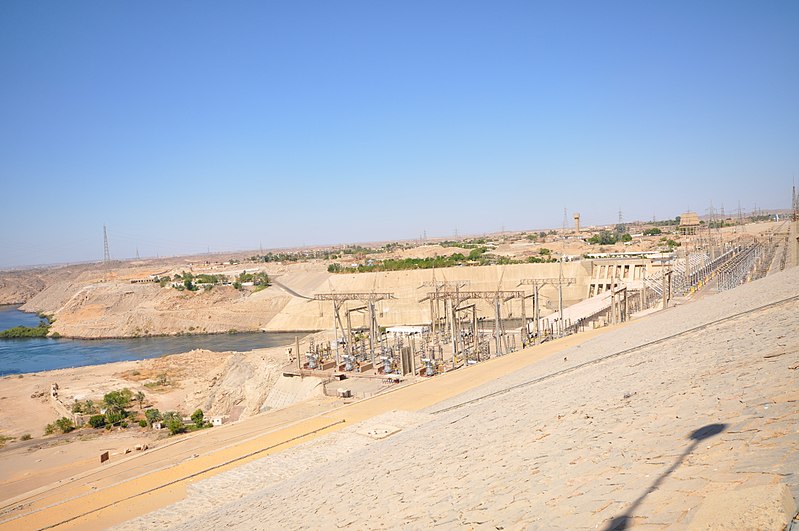Headlines:
- Disintegration of the EU
- Price Rises Hurt Egyptians
- Austria Bans Hijab in Primary Schools
Disintegration of the EU
A survey by the European Council of Foreign Affairs found that a majority of Europeans believe the European Union will fall apart in the next 10-20 years. According to respondents, the biggest drawbacks to the disintegration of the EU would be the loss of the single market, free travel, and the freedom to work and live in other European countries. A significant portion of respondents said war among European countries was possible in the next 10 years. As for major threats, pro-EU respondents identified Islamic radicalism and nationalism as the two biggest threats facing Europe while anti-EU respondents said Islamic radicalism and migration were the biggest risks. The results come just days before European Parliament elections are set to take place.
Price Rises Hurt Egyptians
Egypt will raise electricity prices by 15% beginning in July, as the government seeks to fulfil a commitment to the International Monetary Fund (IMF) to reduce the country’s budget deficit. The increase, announced by Electricity Minister Mohamed Shaker, comes as part of Egypt’s efforts to slash energy subsidies. But the measures are hurting Egyptians who have struggled to cope with the austerity measures. In 2016, the Egyptian pound was floated, causing it to lose 50% of its value – and Egyptians have lost much of their spending power as a result. The prices of basic consumer goods, property, education and healthcare also have more than doubled since the currency devaluation.
Austria Bans Hijab in Primary Schools
The Austrian parliament has approved a law banning girls in primary schools from wearing the hijab. The bill which was passed on 15th May is discriminatory and will likely be challenged. The law received support from the governing coalition of Chancellor Sebastian Kurz‘s conservative People’s Party (ÖVP) and the far-right Freedom Party (FPÖ), whilst almost all of the opposition voted against it. The policy does not specifically mention Muslim women or girls, but bans the wearing of “ideologically or religiously characterised clothing” covering the head, and specifically refers to items “that cover the whole or large parts of the hair”. The government said the patka head covering worn by Sikh boys or the Jewish kippah would not be affected as they only partially cover the hair. The law specifically targets Muslims.

